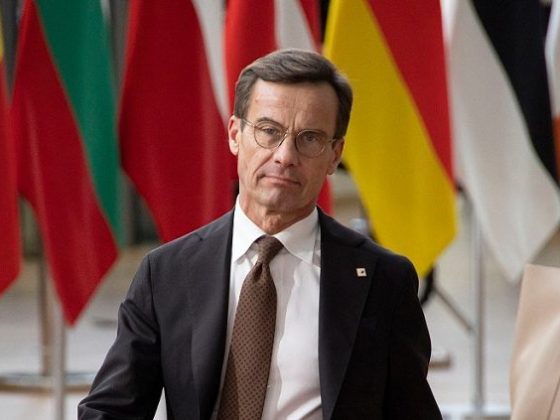This week, the UN, and several related organizations, marked two significant dates: the World Food Day and the International Day for the Eradication of Poverty.
International organizations for the poor and hungry have existed at least since the end of World War II, but neither poverty nor hunger have been eradicated. If anything, they have increased. What, then, are we doing wrong, and can we change the dismal reality?
The problem is not lack of food; there is plenty of it. In fact, much of the food that is produced gets thrown away and pollutes the water and the ground rather than feeding hungry mouths. So people are hungry not for lack of food, but because there is no interest in helping people get it.
The prevailing attitude is one of narcissism. We care only for ourselves and suspect everyone else’s intentions toward us. If we have any surplus funds, we use them to build walls and fences, not to help others. This is how we behave around the world as individuals and as nations.
“The prevailing attitude is one of narcissism. We care only for ourselves and suspect everyone else’s intentions toward us. If we have any surplus funds, we use them to build walls and fences, not to help others. This is how we behave around the world as individuals and as nations.”
To quiet our conscience, we create organizations to tend to the poor and hungry. We fund them generously and appoint functionaries and bureaucrats to deal with the problem.
But if our hearts were with the poor, we would not leave them in the hands of bureaucrats, just as we would not leave our children in the hands of social workers to see to their upbringing. We would see that the people we care about get what they need.
Because we do not care, we appoint uncaring people who present plans for dealing with the spreading poverty and hunger, and announce special days to bring the problem to public awareness. They do not do a thing about the actual problems, but simply justify their bloated salaries through professionally designed presentations and verbose speeches that glorify their (nonexistent) achievements.
“Because we do not care, we appoint uncaring people who present plans for dealing with the spreading poverty and hunger, and announce special days to bring the problem to public awareness. They do not do a thing about the actual problems, but simply justify their bloated salaries through professionally designed presentations and verbose speeches that glorify their (nonexistent) achievements.”
If they truly wanted to solve the problem, which funds their lavish lifestyle, there would be many ways to do so. However, the surest way to lift people from poverty is education.
First, there are technologies that can increase the yield of fields by multiple times through sophisticated irrigation systems, controlled environments, and other means. Farmers need to be taught how to use these technologies, and should be given the means to acquire them. This step alone would lift countless people out of hunger and poverty.
Next, I think that organizations for eradication of poverty and hunger should use their budgets to buy lands where they will both grow crops for food that will be dedicated for the poor, and use some of the land to teach local farmers more efficient agriculture.
Additionally, these centers for agriculture and education should be used in order to provide general education. It is well known that educated people have more opportunities in life, are generally better off, and can provide for themselves and their families better than uneducated people. Therefore, as a means to eradicate poverty and hunger, these centers should also provide general knowledge and education.
“Poverty is not a personal matter, but a social one. Therefore, people who study at these education centers should also learn about solidarity, mutual responsibility, interdependence in today’s world, and other topics that will help them establish themselves as positive elements in a connected world.”
Also, education should not be only about avoiding poverty. Poverty is not a personal matter, but a social one. Therefore, people who study at these education centers should also learn about solidarity, mutual responsibility, interdependence in today’s world, and other topics that will help them establish themselves as positive elements in a connected world.
In this way, we can create an agrarian transformation that will become a social and cultural transformation that can free people not only from the grip of poverty and hunger, but integrate them in the global society of the 21st century as confident and positive individuals. In turn, these people will help others rise from poverty, and the process will gain momentum.











